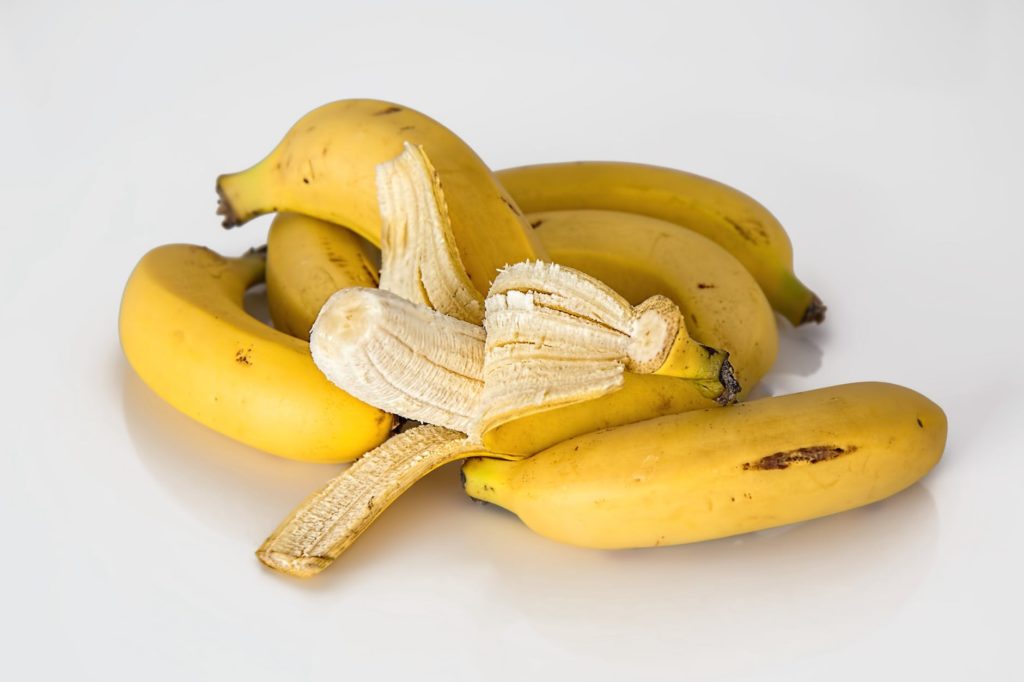Malnutrition is one of the most significant health concerns that senior adults face. Whether caused by a limited budget, various health issues, poor access to food sources, a lack of nutrition education, or a combination of factors, consuming specific essential nutrients must be a priority for elderly individuals and caretakers. As a person gets older, there are certain types of foods that should be consumed more often than others. The vitamins and minerals in these foods prevent malnutrition, along with other senior-specific health concerns. Learn more about three important types of food that nearly all people should eat as they age.
Foods that are high in fiber
Dietary fiber is defined as “the parts of plant foods your body can’t digest or absorb.” When older adults create their food budget, it is of top importance to purchase items for every meal that are high in dietary fiber. The Institute of Medicine recommends that men over the age of 51 should eat at least 30 grams of fiber per day, while women in the same age group should have at least 21 grams of fiber each day. One of the biggest reasons for prioritizing fiber intake is to reduce the risk of colon cancer. This type of cancer is mostly seen in older individuals, and the risk for its development can be reduced with a diet high in fiber. Additionally, this crucial nutrient can help manage blood sugar and cholesterol levels, normalize bowel movements, help achieve a healthy weight, and is linked to living a longer life. Foods that are excellent sources of fiber include pears, nuts, whole grain breads, bananas, spinach, broccoli, and beets.
Foods that are high in omega-3s
Omega-3 fatty acids are another important nutrient that can help seniors manage age-specific health concerns. Specifically, omega-3s, found in several recommended brain foods for seniors, have the ability to reduce the risk of developing cognitive conditions, such as Alzheimer’s disease and general mental decline. This nutrient is also important for helping prevent certain types of cancers, improving autoimmune disease symptoms, reducing inflammation throughout the body which could lead to the need for a medical alert system, and reducing the risk of heart disease. Foods and supplements that are highest in omega-3s include salmon, chia seeds, cod liver oil, oysters, flaxseeds, sardines, and walnuts.
Foods that are rich in antioxidants
Finally, it is recommended that older individuals consume a diet rich in antioxidants. Antioxidants are well-known for their ability to protect cells from free radicals. This protective process delivers a host of benefits to the body (especially for senior adults). One of the biggest advantages of consuming ample antioxidants is the reduced risk of many types of cancer. Additionally, these nutrients can help fight off infections, and can improve one’s overall heart health. To begin adding more antioxidants to your diet, eat foods such as raspberries, strawberries, apples, nuts, legumes, kale, artichoke, and dark chocolate.
Although proper nutrition is important at every age, ensuring that seniors consume healthy foods is especially crucial. Nutrients like the ones listed above have the power to reduce the risk of cognitive decline, heart conditions, cancer, and other common health ailments. If you are currently caring for a senior individual, be sure to incorporate as many of the nutrients listed above into his or her daily diet.
